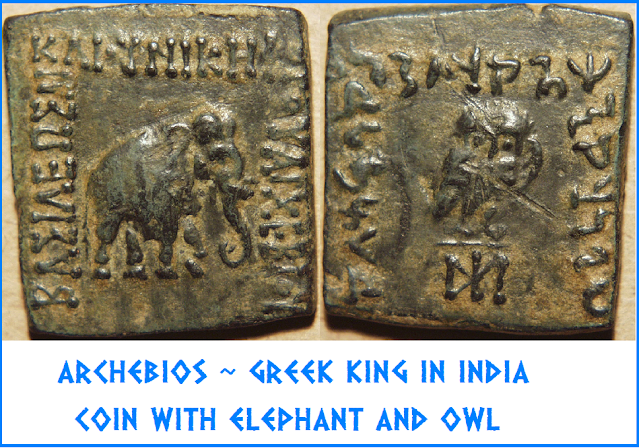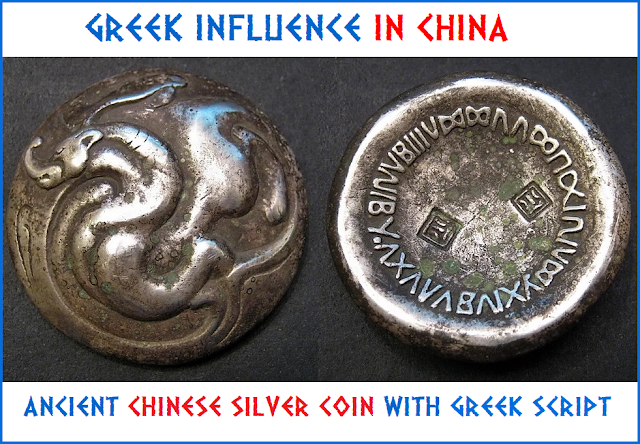It is a fine thing for a brave man to die when he has fallen among the front ranks while fighting for his homeland, and it is the most painful thing of all to leave one’s city and rich fields for a beggar’s life, wandering about with his dear mother and aged father, with small children and wedded wife.
For giving way to need and hateful poverty, he will be treated with hostility by whomever he meets, he brings disgrace on his line, belies his splendid form, and every indignity and evil attend him. If then there is no regard or respect for a man wanders thus, nor yet for his family after him, let us fight with spirit for this land and let us die for our children, no longer sparing our lives.
Come, you young men, stand fast at one another’s side and fight, and do not start shameful flight or panic, but make the spirit in your heart strong and valiant, and do not be in love of life when you are fighting men. Do not abandon and run away from elders, whose knees are no longer nimble, men revered. For this brings shame, when an older man lies fallen among the front ranks with the young behind him, his head already white and his beard grey, breathing out his valiant spirit in the dust, clutching in his hands his bloodied genitals—this is a shameful sight and brings indignation to behold—his body naked.
But for the young everything is seemly, as long as he has the splendid prime of lovely youth; while alive, men marvel at the sight of him and women feel desire, and when he has fallen among the front ranks, he is fair. Come, let everyone stand fast, with legs set well apart and both feet fixed firmly on the ground, biting his lip with his teeth. (Translation by Douglas E. Gerber)
Τεθνάμεναι γὰρ καλὸν ἐνὶ προμάχοισι πεσόντα
ἄνδρ’ ἀγαθὸν περὶ ᾗ πατρίδι μαρνάμενον,
τὴν δ’ αὐτοῦ προλιπόντα πόλιν καὶ πίονας ἀγροὺς
πτωχεύειν πάντων ἔστ’ ἀνιηρότατον,
πλαζόμενον σὺν μητρὶ φίλῃ καὶ πατρὶ γέροντι
παισί τε σὺν μικροῖς κουριδίῃ τ’ ἀλόχῳ.
ἐχθρὸς μὲν γὰρ τοῖσι μετέσσεται οὕς κεν ἵκηται,
χρησμοσύνῃ τ’ εἴκων καὶ στυγερῇ πενίῃ,
αἰσχύνει τε γένος, κατὰ δ’ ἀγλαὸν εἶδος ἐλέγχει,
πᾶσα δ’ ἀτιμίη καὶ κακότης ἕπεται.
εἰ δ’ οὕτως ἀνδρός τοι ἀλωμένου οὐδεμί’ ὤρη
γίνεται οὔτ’ αἰδὼς οὔτ’ ὀπίσω γένεος,
θυμῷ γῆς πέρι τῆσδε μαχώμεθα καὶ περὶ παίδων
θνήσκωμεν ψυχέων μηκέτι φειδόμενοι.
ὦ νέοι, ἀλλὰ μάχεσθε παρ’ ἀλλήλοισι μένοντες,
μηδὲ φυγῆς αἰσχρῆς ἄρχετε μηδὲ φόβου,
ἀλλὰ μέγαν ποιεῖσθε καὶ ἄλκιμον ἐν φρεσὶ θυμόν,
μηδὲ φιλοψυχεῖτ’ ἀνδράσι μαρνάμενοι·
τοὺς δὲ παλαιοτέρους, ὧν οὐκέτι γούνατ’ ἐλαφρά,
μὴ καταλείποντες φεύγετε, τοὺς γεραιούς.
αἰσχρὸν γὰρ δὴ τοῦτο, μετὰ προμάχοισι πεσόντα
κεῖσθαι πρόσθε νέων ἄνδρα παλαιότερον,
ἤδη λευκὸν ἔχοντα κάρη πολιόν τε γένειον,
θυμὸν ἀποπνείοντ’ ἄλκιμον ἐν κονίῃ,
αἱματόεντ’ αἰδοῖα φίλαις ἐν χερσὶν ἔχοντα—
αἰσχρὰ τά γ’ ὀφθαλμοῖς καὶ νεμεσητὸν ἰδεῖν—
καὶ χρόα γυμνωθέντα· νέοισι δὲ πάντ’ ἐπέοικεν,
ὄφρ’ ἐρατῆς ἥβης ἀγλαὸν ἄνθος ἔχῃ,
ἀνδράσι μὲν θηητὸς ἰδεῖν, ἐρατὸς δὲ γυναιξὶ
ζωὸς ἐών, καλὸς δ’ ἐν προμάχοισι πεσών.
ἀλλά τις εὖ διαβὰς μενέτω ποσὶν ἀμφοτέροισι
στηριχθεὶς ἐπὶ γῆς, χεῖλος ὀδοῦσι δακών.
(Tyrtaeus, fr. 10)
Tyrtaeus ( Greek: Τυρταῖος Tyrtaios; fl. mid-7th century BCE) was a Greek elegiac poet from Sparta whose works speculated to fill five books. His poetry survives from quotations and papyri, and include 250 lines or parts of lines. He wrote at a time of two crises affecting his city: a civic unrest threatening the authority of kings and elders, later recalled in a poem named Eunomia ("Law and Order"), where he reminded citizens to respect the divine and constitutional roles of kings, council, and demos; and the Second Messenian War, during which he served as a sort of "state poet", exhorting Spartans to fight to the death for their city. In the 4th century BCE, when Tyrtaeus was an established classic, his poerty was recited to the Spartan armies on campaign. It is also known that he wrote martial songs; these were important in Spartan festivals and were done through anapaestic and iambic chants that accompanied armed dances and processions.




























































